With Dubai Reefs, an eco-tourism model city and a living floating ocean restoration laboratory will be created. But of course it is also about money and profit.
Dubai is known for its superlatives – the tallest skyscraper, largest shopping mall, highest swimming pool and largest natural fountain in the world. Now another mega level construction project will be added. However, this time it is not only a masterpiece, but also an advantage for marine protection, at least that is how the project managers see it.
Dubai Reefs describes itself as the world’s “largest ocean restoration project”: 200 square kilometers of artificial coral reefs that will provide a home for more than a billion corals and 100 million mangroves in the future. If it is built.
Plans for the mega project were revealed last week by URB, a Dubai-based real estate developer whose previous designs include an indoor cycling highway in Dubai and urban projects in Egypt and South Africa.
A tourist destination for luxury shopping
In addition to the artificial reef, URB has designed floating residential, hospitality and retail facilities, as well as several eco-lodges intended to make the site a tourist destination. Because Dubai not only symbolizes gigantism, but also consumption. Tourism plays an important role here. One to rise Based on 2022 data shows: With approximately 27.15 billion tourists in Dubai spending by far the most of any city in the world.
However, according to the project developer, the focus of the ambitious project is a marine institute dedicated to marine research and coastal environmental protection in Dubai. “The health of our cities is closely linked to the health of our oceans,” said URB CEO Bahrash Bagherian.CNNin a letter. “We need entrepreneurship when planning coastal cities.”
Amazing offshore projects
The emirate has already proven this: Dubai Reefs joins a series of impressive marine projects off the coast of Dubai, including the famous and controversial group of artificial islands “Palm Jumeirah” for the rich or Atlantis, The Palm, a luxury resort in the dry desert Climate water park and an aquarium of 11 million Liter.
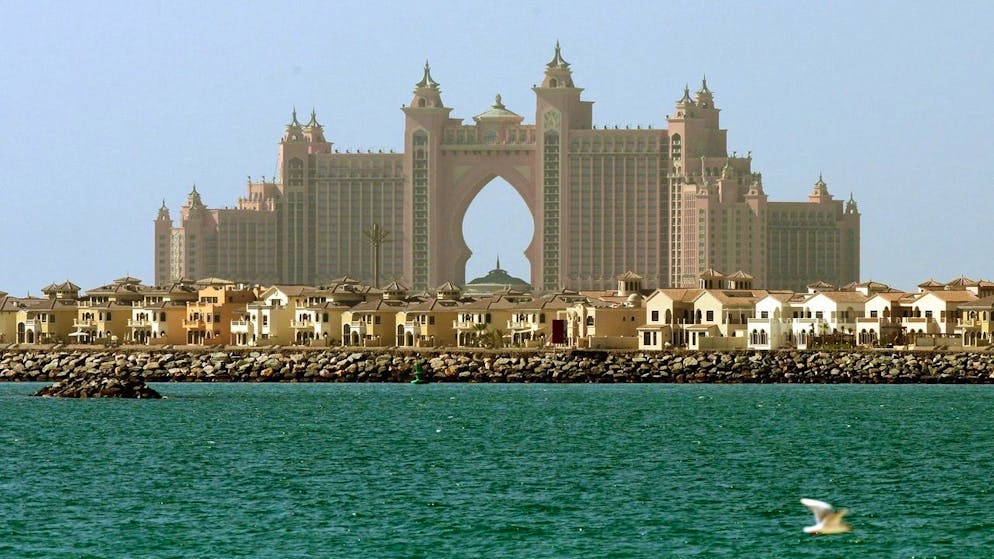
picture:
Ali Haider / Keystone
According to URB, the site will be powered by 100 percent renewable energy generated from solar, hydro and wave power, while algae and shellfish farms will produce food.
If construction can be fully funded by the private sector as planned, the developer expects the project to be completed by 2040. “Dubai’s reefs should become a blueprint for marine conservation, ecotourism and marine life,” Bagarian said. “Ultimately, it will become a unique climate-resilient destination, providing food security and energy from the sea while enabling a greener economy.”

“Tv specialist. Friendly web geek. Food scholar. Extreme coffee junkie.”

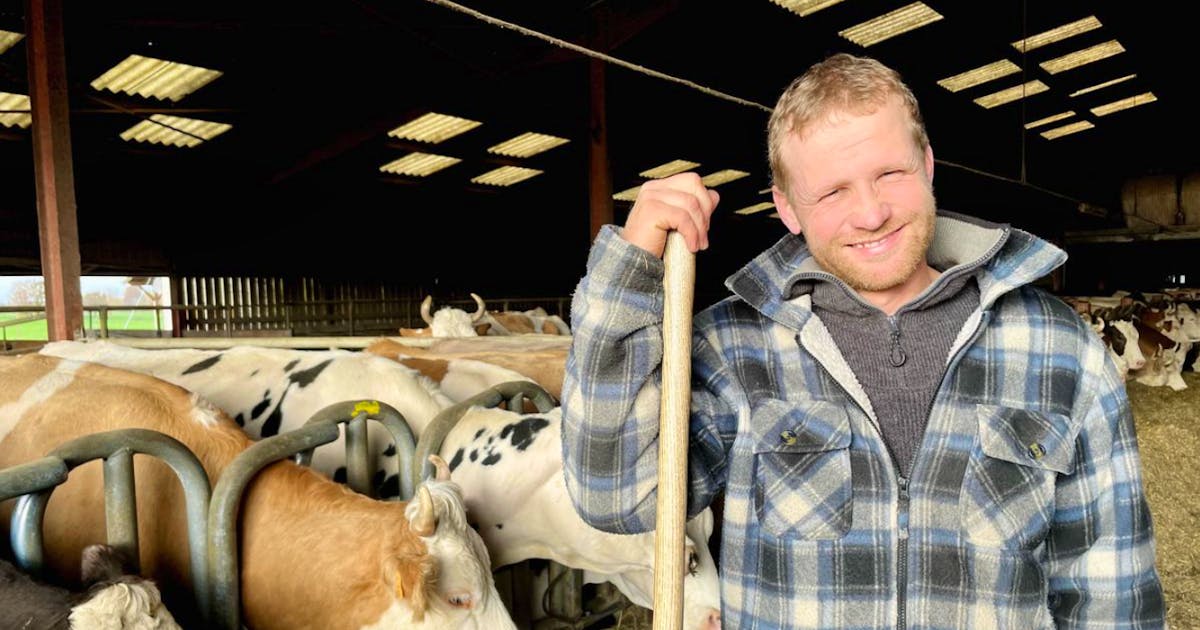




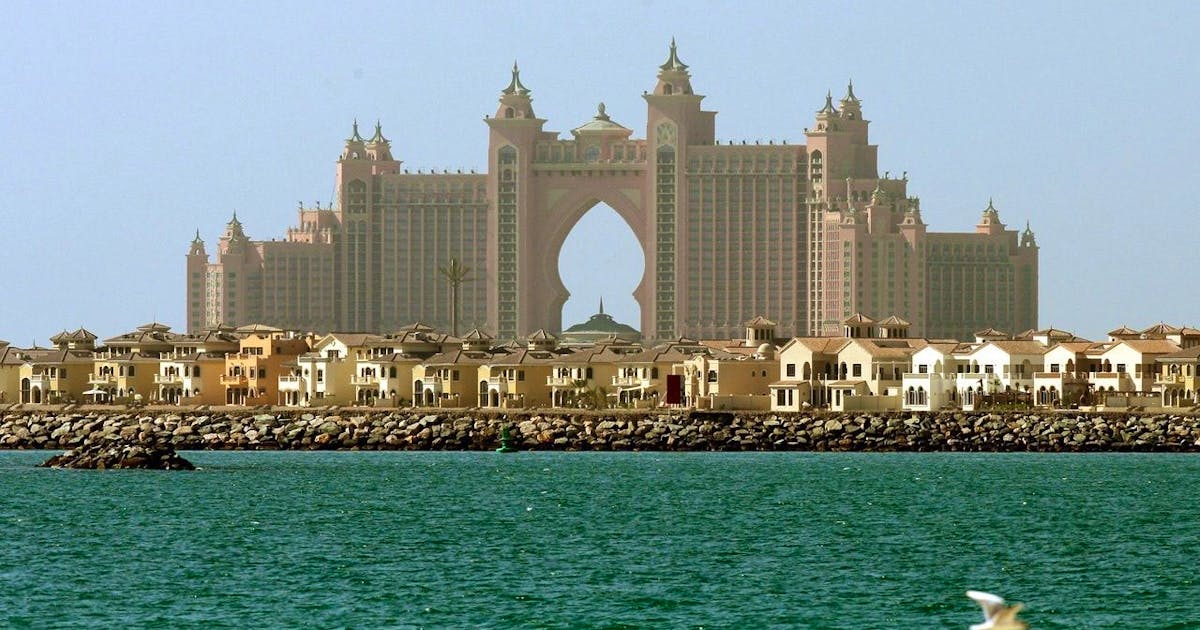
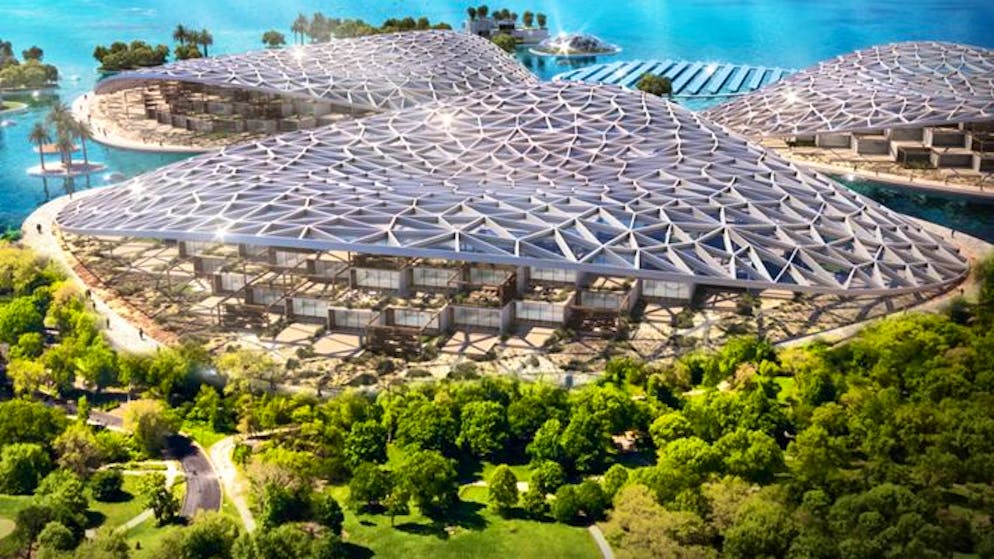
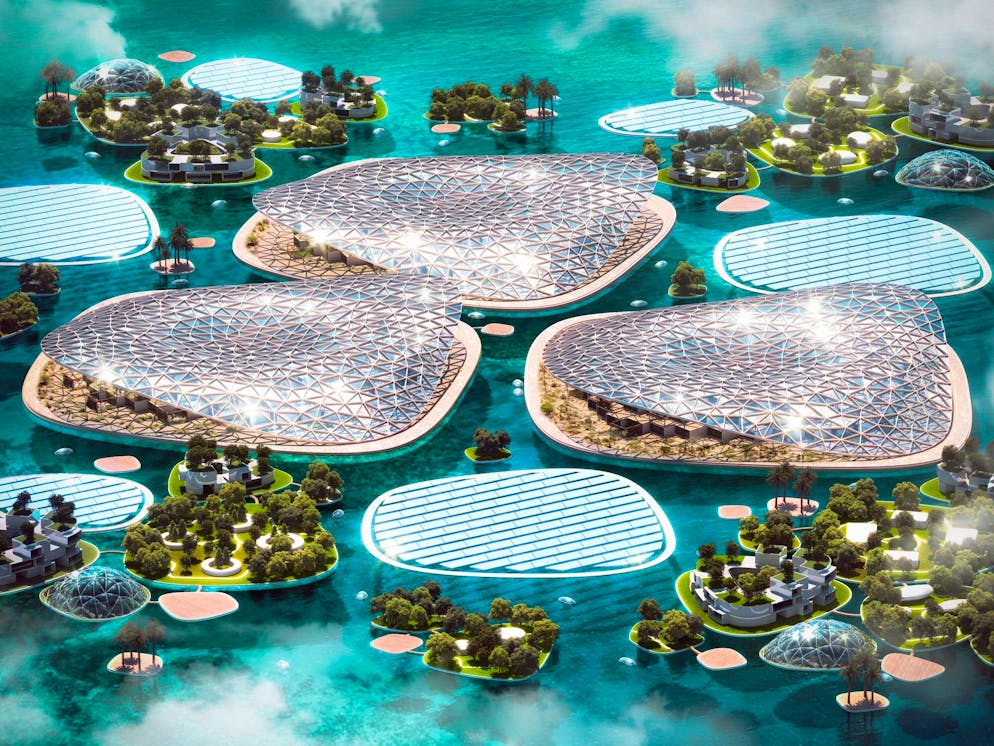
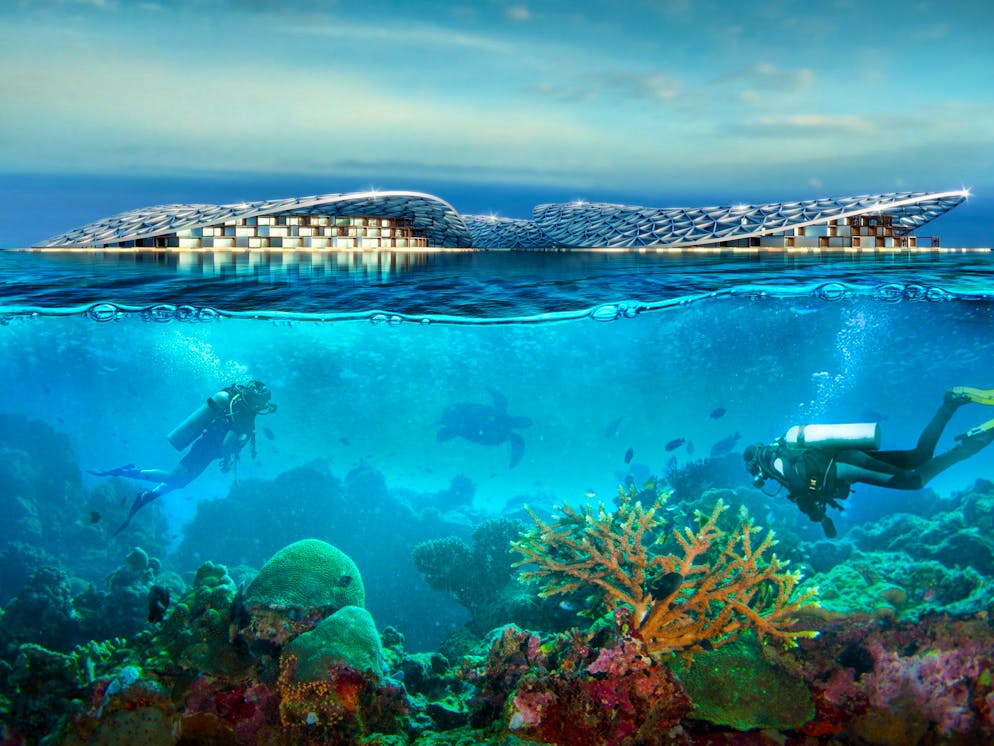
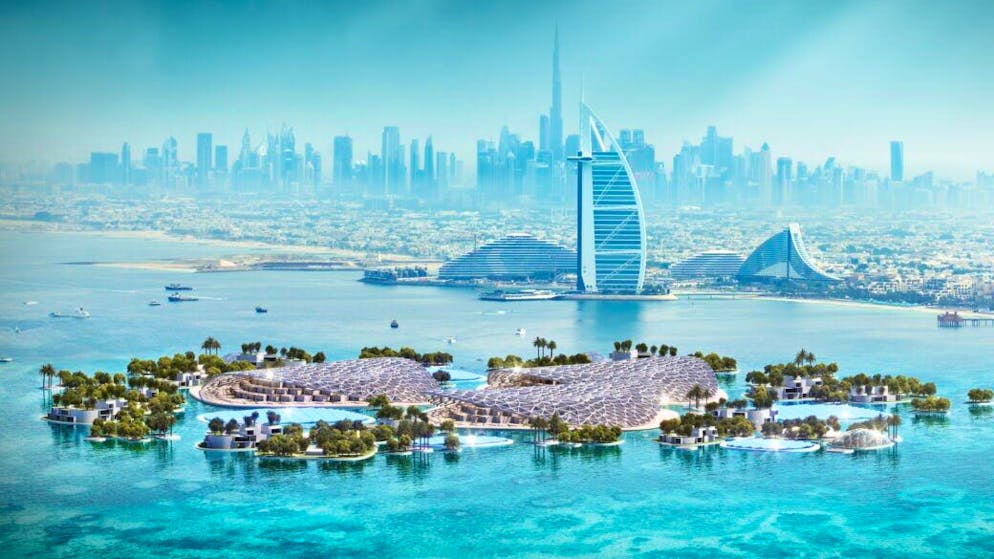
More Stories
Pedro Sanchez is considering resigning after filing a complaint against his wife
Extreme heat warning in Thailand and the Philippines
Hovering at 600 km/h: Japan's new bullet train delayed